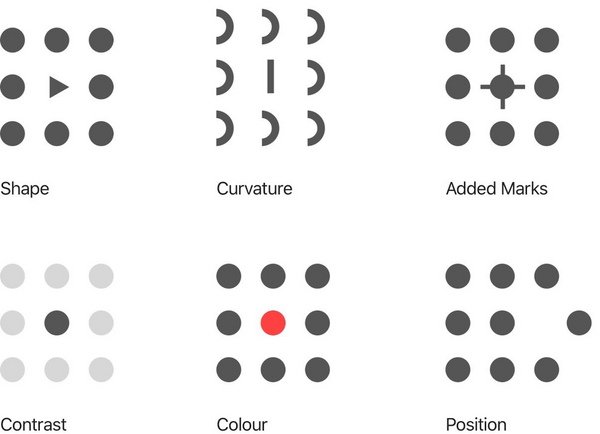Tableau, an example for a low-code approache, is well known for its intuitive features, allowing us to connect to Excel Files and easily visualise data in two-dimensional spaces. Basic interaction with Tableau, consist of drag, drop, checking features. so let's drop two variables into Tableau.
